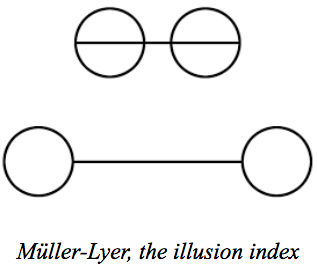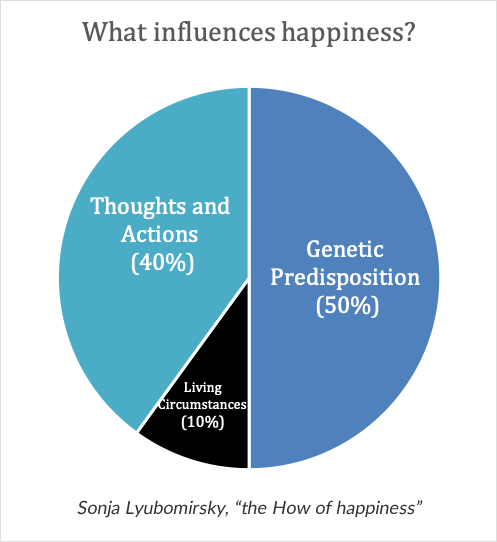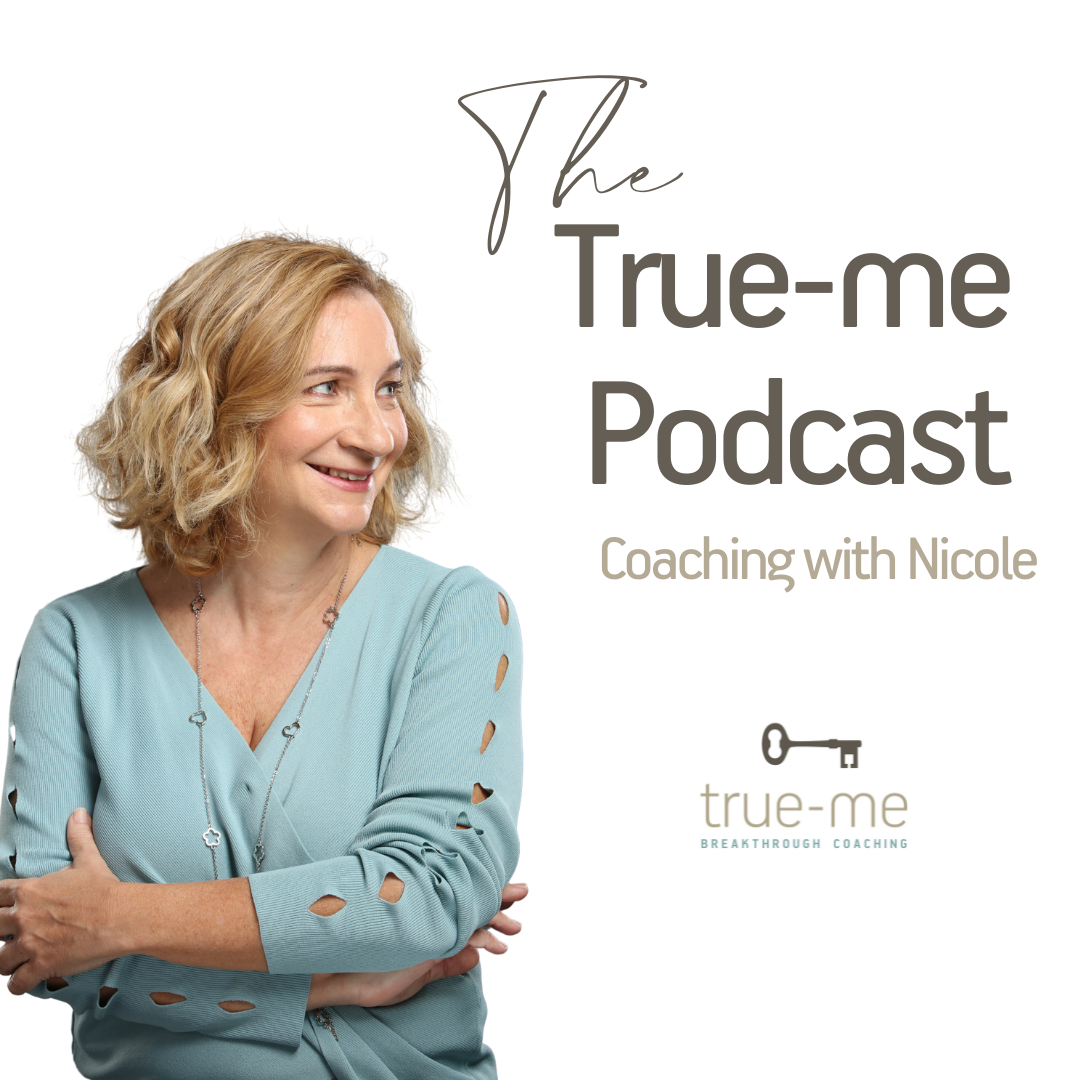Committed as I am to lifelong learning, I am always looking for knowledge that can propel me one step further from where I stand. Now more than ever, with the ongoing effects of the coronavirus challenging integral social structures, like the economy and the healthcare system, I found myself in need of comprehending what the nature of true Happiness is, and through which actions we can grasp it, and consciously integrate it to our lives.
I wish to present to you via some rather more scientific lenses my teachings regarding Happiness, and how this information can be implemented in your lives.
The studies and the research material that will be discussed, have been conducted using large sample populations, mainly in the United Kingdom and the United States of America, along with other areas including Africa and Asia. All studies provide an abundance of information and indices relevant to the appropriate use of knowledge for increasing emotional well-being. Interestingly enough, even when similar programs are implemented through larger governmental schemes, they prove to function surprisingly well.
At this point I would like to make a brief side note. While the information provided below has been verified on the basis of research, being in mere possession of this knowledge does not suffice for you to change your behavior and alter your life. You ought to deliberately take action – and to do it for your own self. Otherwise, the only thing that remains will be the dissatisfaction for everything you did not get to experience.
Consequently, the idea that having gained the know-how is tantamount to having gone half the distance to the finish line, is simply inaccurate. To make this clearer, let’s use an example inspired by German psychologist Müller-Lyer (1857-1916). Which of the two lines below seems longer to you?

The lower one seems longer. If you have encountered this picture in the past, however, you know the two lines are in reality equal in length. But possessing this knowledge is not enough for your eyes to be trained not to perceive the lower line as undeniably longer. Even though you know what the reality is, you keep revisiting the same false perception.
Conclusion: knowing is not enough! Knowing on its own does not always alter how your mind processes a given matter. So, circling back to the original question of learning how to be truly happy, it is essential that we take further steps other than gaining knowledge regarding happiness; we have to alter our behavior. And if we sincerely wish to alter our behavior, we must change our habits.
The first step in accomplishing this – and a core purpose of this article – is unveiling the falsehood of several expectations regarding happiness. Thus, we have to rewire our minds in order to demystify how certain factors can bring happiness to our lives – because quite possibly, they cannot.
So, what are our false expectations regarding happiness?
- When we study in school or college, we try to obtain high grades, believing they will bring us happiness.
- From early on, we wish to have the perfect body, believing that will bring us happiness.
- When we enter the professional world, we search for high-paying jobs, believing those will bring us happiness.
- We always dream of possessing beautiful material goods: the perfect clothes, the house, the car, the yacht, believing they will bring us happiness.
- Later in life, we look for the perfect spouse, believing they will be the one to finally bring us happiness.
- Many of you might be in search of beauty and decide to radically change your appearance through cosmetic surgery, believing that will bring you happiness.
Nevertheless, research suggests that when discounting minor exceptions, none of the above are sufficient for us to truly be happy – at least not to our expected level, and for a period longer than two years. So, the things that we so persistently struggle to obtain can prove to come up short in bringing us happiness.
Such news can make a lot of us feel disheartened or bewildered. Perhaps that’s a positive thing, since it means you realize that you’ve been investing your energy poorly.
But why are we not adequately satisfied by everything mentioned above?
- One possible answer is that our experience of happiness is regulated by our genetically inherited inclinations and is consequently unamendable. In other words, you either see the glass half full, or half empty. And that’s that. No matter what you do, or how many beautiful experiences you are able to integrate into your life, they just might never be enough to fulfill you.
- Another school of thought, however, would suggest that even if you are well at some given point, life is full of unpleasant circumstances (failures, loss of jobs, accidents, illnesses, deaths) that can be enough for you to not be in a constant state of happiness.
In reality, both answers are false. There are innumerable scientific studies that directly contradict both answers. For instance, relevant research has been conducted using both monozygotic twins (i.e. individuals with the same genetic predisposition of experiencing happiness), and on siblings lacking the identical genetic makeup but with similar life conditions. Additionally, there are further studies solely exploring correlation of happiness to the living circumstances of individuals experiencing intense negative events.
What can be concluded of all this research is that the answers provided above are verified significantly less than one would expect. The results of one such research is graphically portrayed below:

The concept that certain individuals perceive the glass as being half full, and others as being half empty, is verified by research data, thus, genetics play a considerable part in this. Therefore, it seems like we do have a certain predisposition that determines our experience of happiness which is regulated by our genetic map. That genetic influence, however, is less than one might expect – around 50%.
The results that the research has produced regarding the influence of our life circumstances on our happiness levels are incredibly impressive. When considering events that we commonly perceive as having instrumental influence on our psychology, like a car accident, becoming physically paraplegic, or winning the lottery, it turns out all such experiences play the least significant role in our experience of happiness – just about 10%.
On the other hand, the remaining 40% seems to be based on every form of thought, intent, habit and action. Here’s the good news: in contrary to the other two indices, that 40% is actually under your control. That’s because you can set precise objectives, and be the captain of your own ship. Deliberate attempts at inciting change can have a powerful impact on your happiness levels, and hold the potential of overturning or completing the effect of the other two pieces of the puzzle: your genetic makeup and the experiences you live through.
We can thus work towards being happier. The problem seems to be the fact that we work towards the wrong direction. We tend to invest time on matters the likes of obtaining high grades, finding a better-paying job, getting the perfect body, and we construct our lives such that we’ll be oriented to achieve these objectives. But these won’t make us happy.
There are things, however, that we can do to be happier. These necessary steps will be discussed in future articles. For the time being, it is essential that you invest time in truly realizing:
- What it is you’ve been searching for so far, and
- How permanently happy obtaining those things has made you
While contemplating this, thoughts of doubt might arise. Thoughts telling you that the scientific data might reflect reality for others, but surely not for you. You will definitely be happier this summer if you find the ideal spouse or get your dream job.
But I want you to comprehend this: your mind – in many cases – has been wired to examine matters through particular lenses that can distort information. That’s what we saw with the two lines before, one deceitfully longer than the other.
Let’s examine another example:
- In our hands, we have a melon and a peach. Together they cost 1.10€, and the melon alone costs 1.00€ more than the peach. How much does the peach cost?
Instinctively, you might say that, obviously, the answer is 0.10€. But that’s the wrong answer. The peach costs 0.05€.
Unfortunately, there are many similar instances, when our brain provides the wrong answers. You might think that if you won the lottery and gain 3Mio Euros, you’d be happier, but the reality is that it will make you significantly less happy than you think.
Thus, I urge you to examine and write down where you think you’ve been investing your energy up until now. Do the exercise above and in the next article, we will discuss what science has proven can lead you to true happiness.



